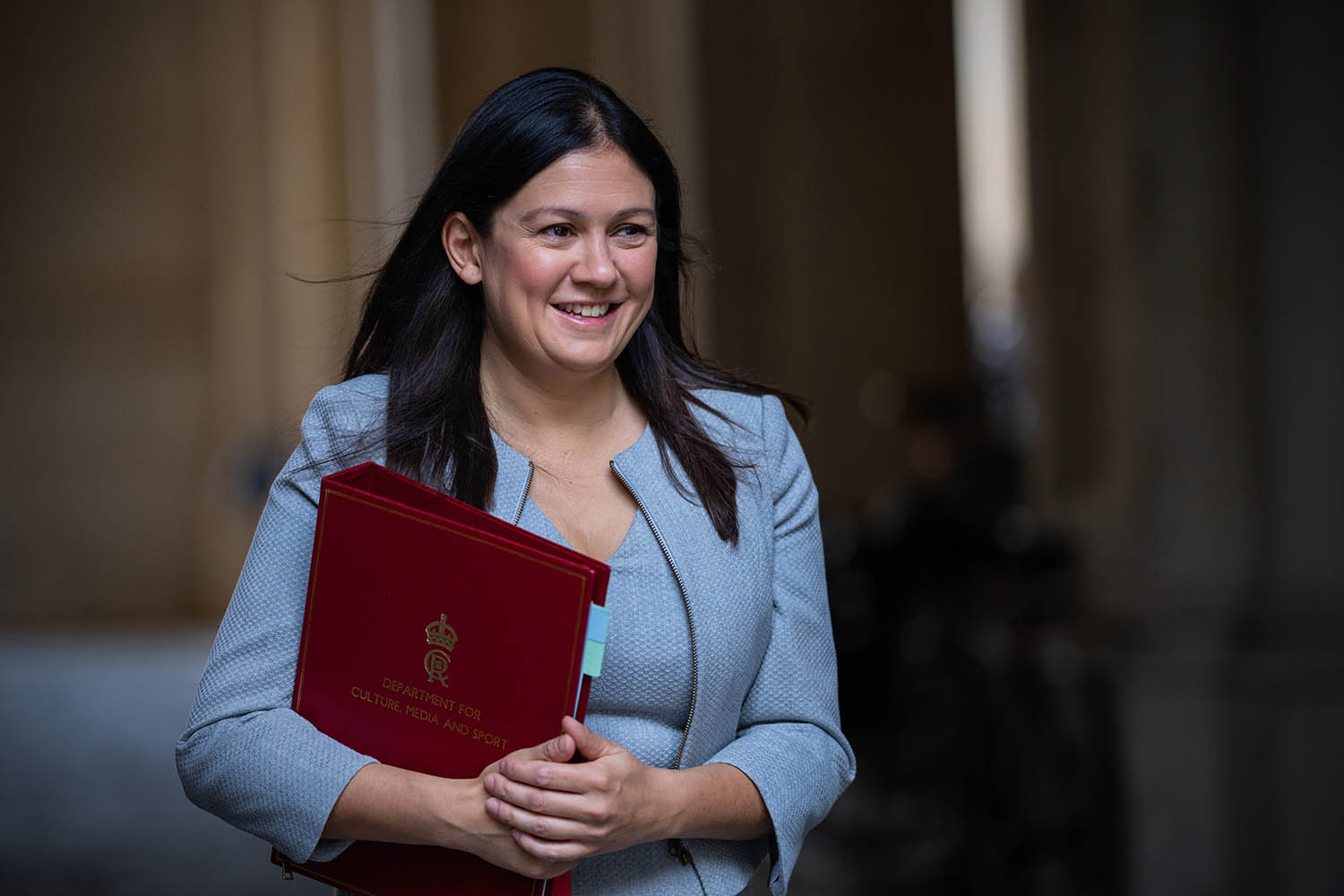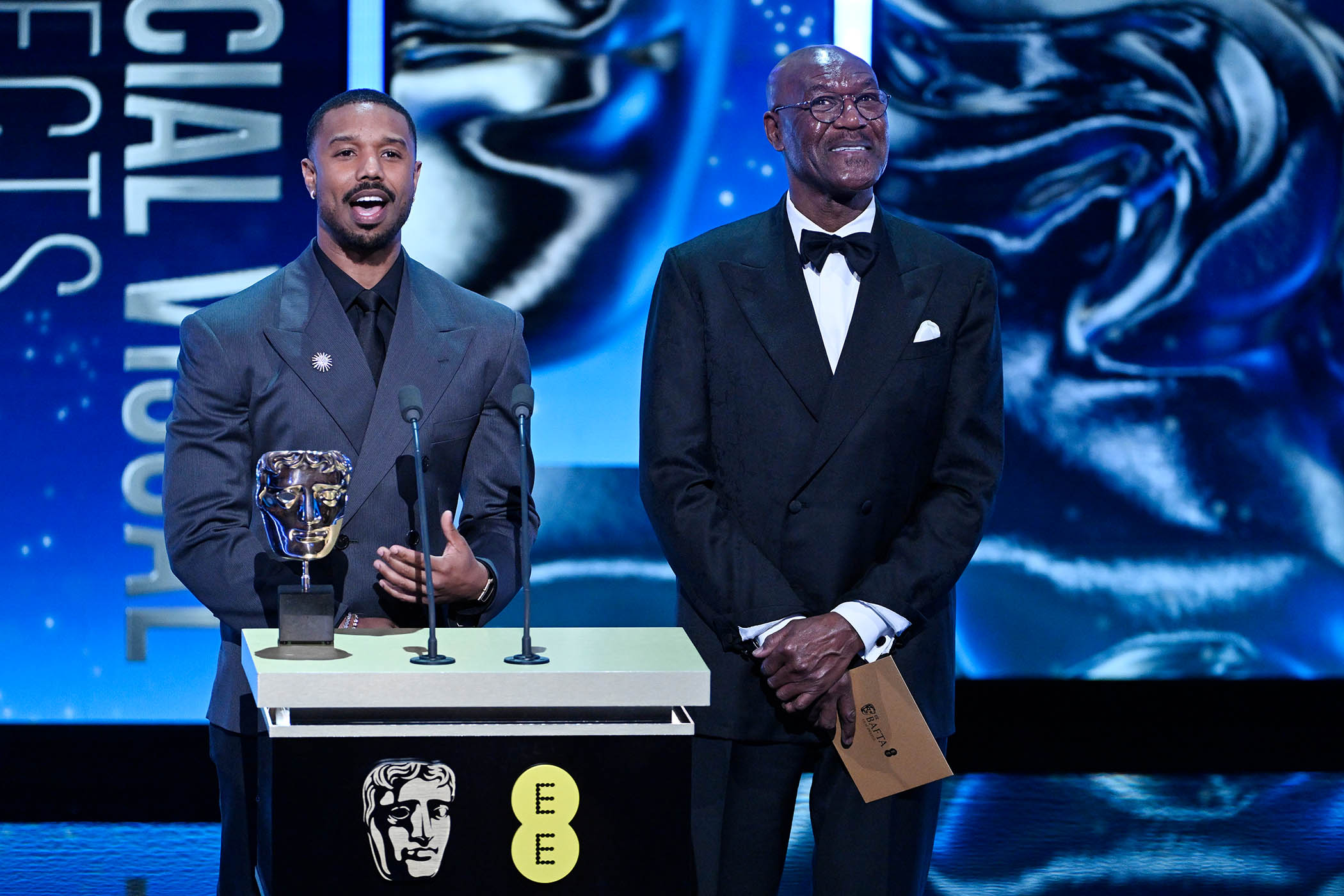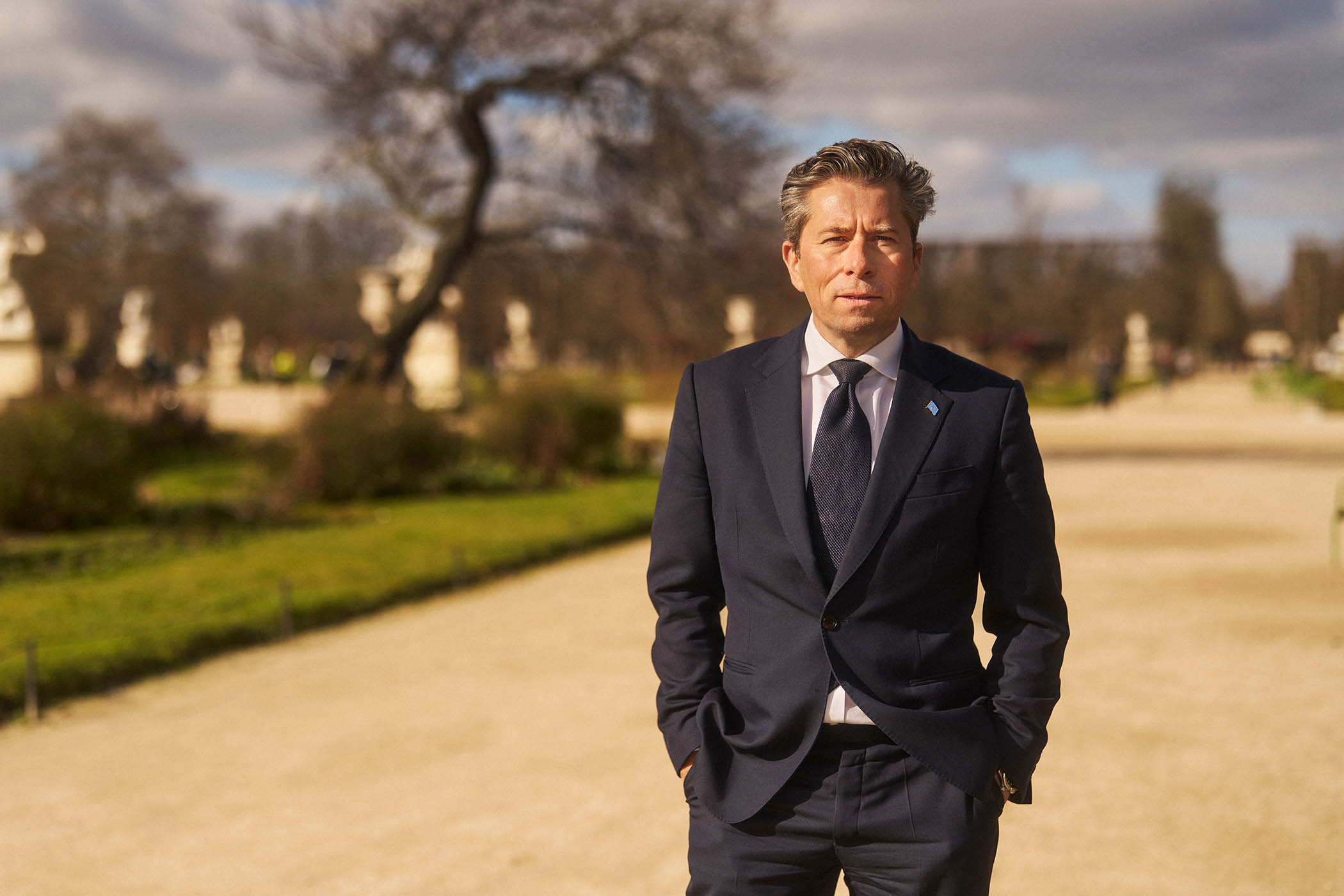For the past week, rumours have been circulating at the BBC that Lisa Nandy, secretary of state for culture, asked BBC chair Samir Shah to sack the director-general, Tim Davie, following his failure to prevent the broadcast of anti-Israeli chanting by the artist Bob Vylan at Glastonbury.
The impression was fuelled by an interview with the Times last weekend in which Nandy said she was “very clear that people must be held accountable for the decisions that were taken” in relation to Glastonbury. Nandy said she had asked the board why nobody had been fired if the broadcast was a sackable offence. She added: “I have not had an adequate explanation from the chair or director-general yet.”
The Observer has been told it is “categorically untrue” that Nandy asked for Davie to be sacked, but it is highly unusual for a culture secretary to publicly criticise the BBC director-general so unambiguously. Nandy did ask for a full explanation of what action was being taken over Glastonbury – during which the BBC streamed footage of Vylan leading a chant of “death to the IDF” – and the airing of the documentary Gaza: How to Survive a Warzone, which was narrated by the son of a Hamas official. Nandy said there needed to be accountability, according to one source, and asked Shah: “Are you confident that the leadership of the BBC can grip this and deal with this?”
With publication of the BBC’s annual report due this week, a senior minister questioning the broadcaster’s grip on its networks underscores the extent to which it serves as a lens through which the country views the war in Gaza – and to which Gaza has divided the BBC against itself.
“How is it possible to be attacked for too much pro-Hamas propaganda and too much of a pro-Israel stance in the same exact week and no one sees the irony,” said one weary and recently departed BBC newsroom editor.
“The BBC is a sturdy operation, but it’s facing challenges and perils now that it probably hasn’t faced on a single story ever before,” they said. “It lacks leadership. Certain editorial decisions are made that probably aren’t made for the right reasons.”
Appointing and dismissing the BBC director-general is in the gift of its chair of governors, not the government. The past week’s high level of cabinet interest in its management is significant. Sources say Nandy not only spoke with Shah but received a written update on steps being taken at the BBC after Glastonbury in the form of a follow-up letter. That Shah felt the need to write to Nandy expressing his confidence in Davie suggests concern about the BBC’s coverage of Gaza at the top of government.
How is it possible to be attacked for too much pro-Hamas propaganda and too much of a pro-Israel stance in the same exact week and no one sees the irony?
How is it possible to be attacked for too much pro-Hamas propaganda and too much of a pro-Israel stance in the same exact week and no one sees the irony?
Former BBC newsroom editor
Two years after the October 7th atrocities, the broadcaster has shifted from being a lightning rod for culture wars to the lightning rod for an actual war. Tasked with serving all its audiences, current and former staff fear that on Gaza it is satisfying none of them.
In recent weeks, the BBC has withdrawn one Gaza documentary after its initial broadcast because of revelations about a connection between its narrator and Hamas; and another before broadcast after an extended argument with its producers over social media posts and how to present their material.
Nandy’s focus on the BBC, which at least initially appeared to have Downing Street’s backing, was always likely to prompt questions about the corporation’s editorial independence, which it insists is non-negotiable. From the government’s point of view, this focus is politically convenient since it distracts from its own policy uncertainty over the conflict, a senior Labour figure not in government says: “They’d much rather not talk about Gaza at all.”
Newsletters
Choose the newsletters you want to receive
View more
For information about how The Observer protects your data, read our Privacy Policy
The same appears to be true for many BBC editors. Staff have been reluctant to talk, though some are said to have signed – anonymously – a petition on the corporation's Gaza coverage and a few are believed to have retained lawyers. In the meantime, the former editor said the attacks had created a culture in which the default position ended up becoming “avoid Gaza”.
One problem, one insider says, is that the BBC has created a labyrinthine complaints process that experienced complainers know how to use to “tie people up in knots for months and months – they’re very skilled at that, those groups”. When editors are making choices about what to run and they have any doubts about a Gaza story, it is easier to pull it than deal with the consequences.
“It’s like, does this bring a world of pain?” the insider added. “If you put it on air, and complainants who know the system get involved, that becomes your life for the next 18 months.”
Publication of the corporation’s review of the decision to broadcast Gaza: How to Survive a Warzone is expected soon. First aired in February, the programme was pulled from iPlayer after the link between its 13-year-old narrator and Hamas emerged. It is expected to determine whether any editorial guidelines were broken, and whether disciplinary action is needed.
Sources suggest the constant monitoring of BBC output by activists on both sides, and the weaponising of the complaints procedure, has created a newsroom that overthinks stories. As one of them observes: “There’s this feeling – should we do the hotel bombing story, or should we do a piece about mosquitoes? And it’s so much easier to do the mosquitoes.”
Photograph by Carl Court/Getty




